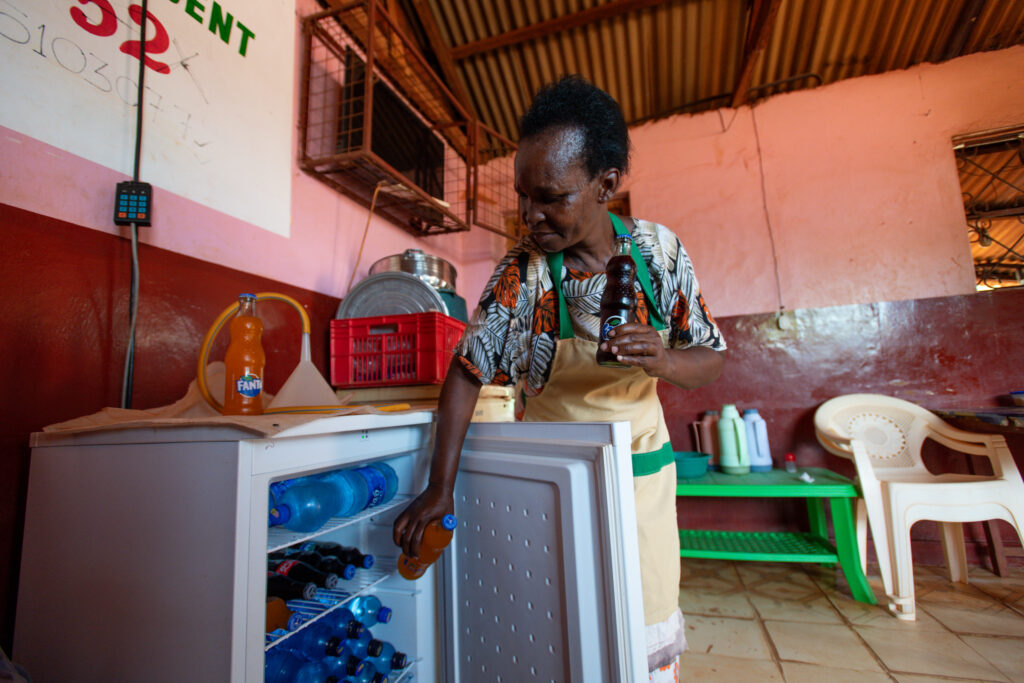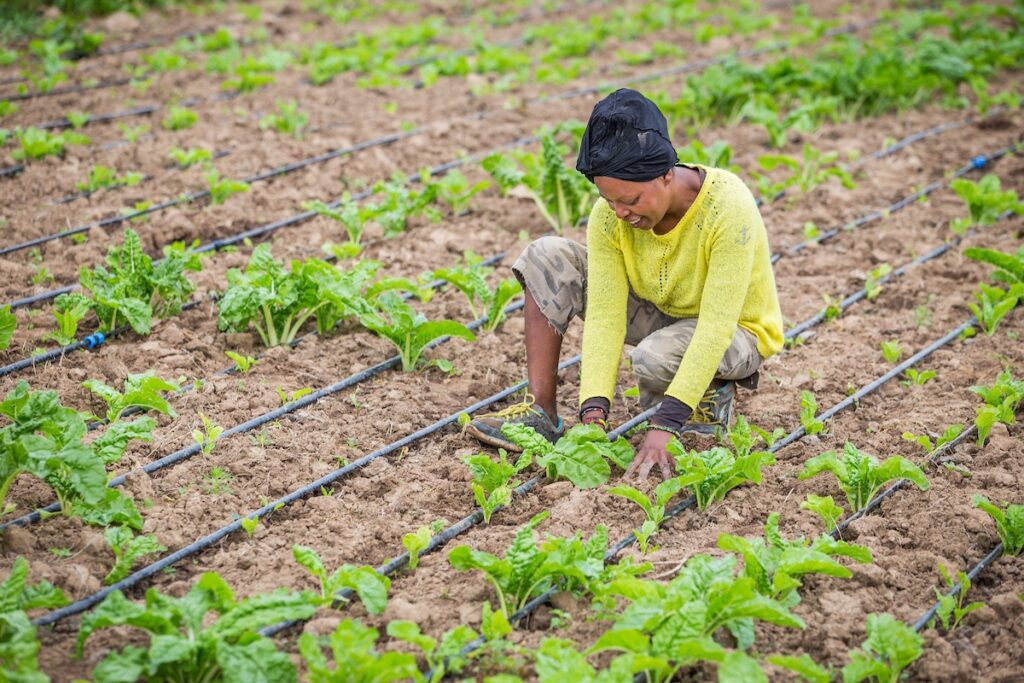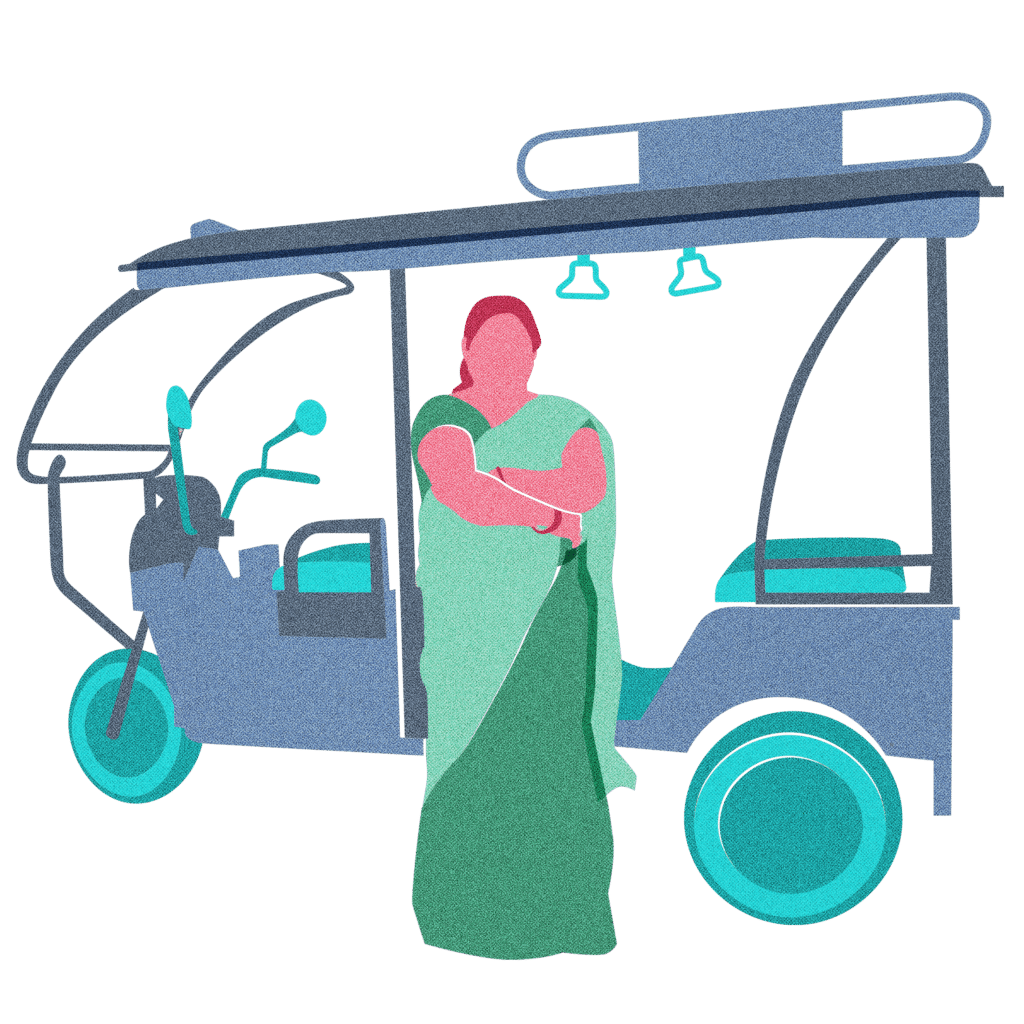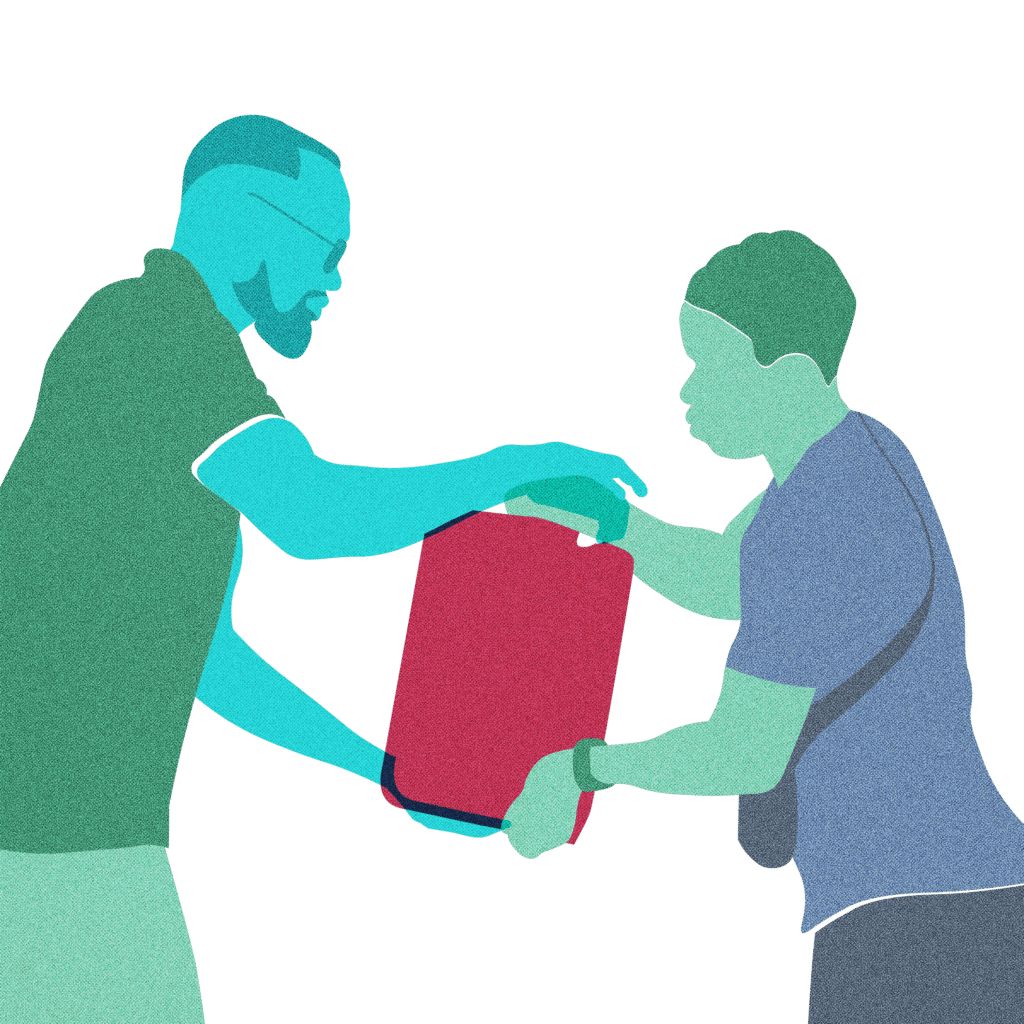
Lessons learned from addressing the sustainable cooling challenge
For smallholder farmers and microentrepreneurs in Sub-Saharan Africa and India, access to affordable, energy-efficient cooling can mean the difference between profit and loss, food security and waste.
Since 2015, Shell Foundation has supported providers of cooling solutions to deploy their solutions to reach these end users. Our latest report, developed with Open Capital and Accenture Development Partners, explores our relationships with these solution providers with particular emphasis on what we have learnt from supporting these providers, and how these learnings can inform effective deployment of cooling solutions to improve the outcomes for low-income populations.
Why sustainable cooling matters
Cooling can reduce post-harvest losses by up to 30%, improve food quality, and open access to premium markets. Globally, over 526 million tonnes of food are lost annually due to inadequate cooling. In Africa and India, smallholder farmers lose up to 40% of perishable produce before it reaches market, reducing incomes by as much as 15%. Yet adoption remains low due to high capital costs, limited energy access, and fragmented value chains.
Despite its potential to reduce post-harvest losses and improve incomes, sustainable cooling remains underutilised due to systemic barriers such as limited capital, weak infrastructure, and lack of market integration.
How is Shell Foundation addressing this problem?

With co-funding from UK aid through the Transforming Energy Access (TEA) platform and the Catalysing Agriculture by Scaling Energy Ecosystems programme, Shell Foundation has invested over USD 7 million in grants to five early-stage ventures across Sub-Saharan Africa and India to test business model innovation, product innovation, working capital financing, and go-to-market strategies that will support business growth. These include: Inficold, Keep IT Cool, East Africa Fruits, Inspira Farms and SureChill.
What did we learn?
- Developing sustainable cooling solutions requires deep understanding of the user and the value chain. Cooling must align with the perishability of the produce, use cases, and the user’s behaviour, risk appetite, and ability to afford the product.
- Cooling is not a silver bullet for increasing incomes. It is most effective when integrated into an uninterrupted cold chain and paired with access to markets and finance. Without continuity in cooling technology and connection to upstream inputs and downstream buyers, shelf-life gains do not translate into value.
- Commercial viability is essential for cooling impact. Even the most promising business models will collapse without a clear path to financial viability and sustainable growth beyond donor support.
- Financing needs to be tailored to the cooling sector to match its unique cash flow profiles and long returns on investment. Cooling’s long payback periods and asset-heavy models require investment approaches that emphasize long-term value creation – investors providing patient capital should be committed to sustainable growth rather than immediate returns.
- Delivering impact through cooling requires more practical and enforceable policies – and solutions aligned with existing government priorities. Policies are most effective when grounded in real market dynamics and institutional capacity, particularly within priority sectors such as dairy and horticulture.
The learnings identifies four pillars essential for scaling impact: Increasing the utility of cooling solutions, building commercially sustainable companies, securing relevant and effective financing, aligning sector needs to actionable policies
Next steps
Sustainable cooling is a powerful enabler of climate resilience, food security, and income generation. To unlock the full potential of sustainable cooling, we must embed it within broader agricultural and energy systems ensuring it becomes a lever for inclusive growth, not a standalone intervention. It requires coordinated action and partnerships.
Shell Foundation is actively seeking innovators, scale partners, and financial partners to help enable tens of millions of people to increase their incomes through clean energy solutions. Sustainable cooling is one of the many ways to drive inclusive growth and empower millions.
Latest news and updates

How solar irrigation is transforming the lives of smallholder farmers in Kenya – lessons and the road ahead
Solar-powered irrigation is helping smallholder farmers in Kenya build resilience to climate shocks, improve nutrition, and reduce post-harvest losses.
28th January 2026
Building climate change resilience: The impact of cold chain adoption for Lake Turkana’s fishers
Cold chain adoption helps Lake Turkana fishers reduce spoilage, increase incomes, and build resilience to climate change.
09th December 2025















